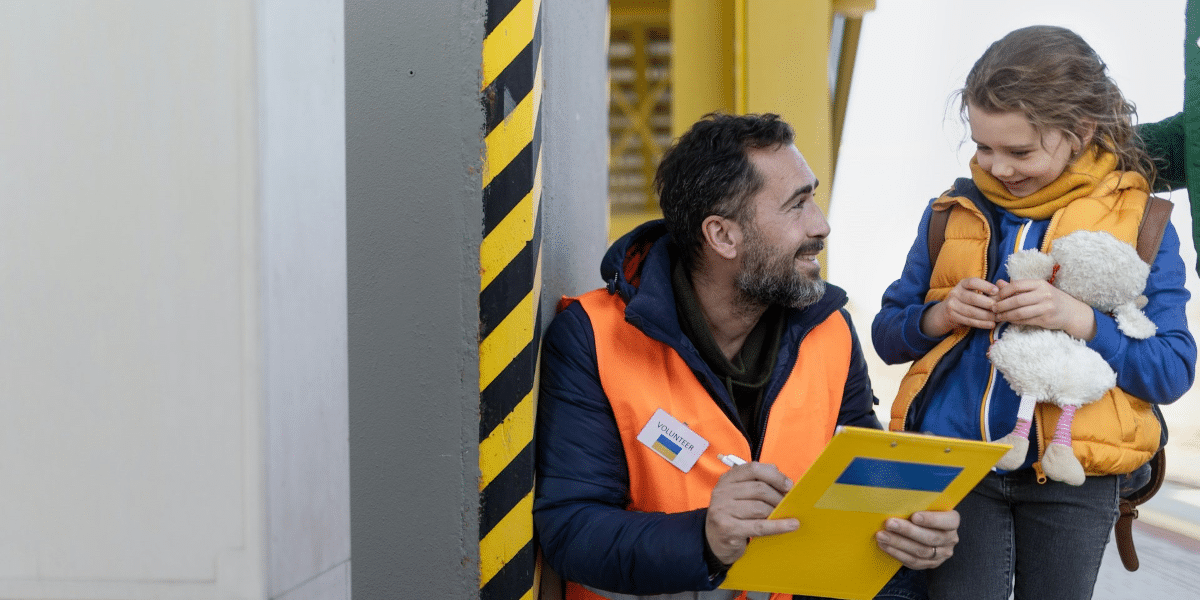Portland, Oregon, has long struggled with homelessness, a crisis that has been exacerbated by factors such as rising housing costs, economic inequality, and the lack of affordable housing. Over the years, the city has developed a variety of shelter programs to address this issue, providing crucial services to individuals and families facing homelessness. In this article, we will explore the history, challenges, and evolution of shelter programs in Portland, examining how these programs work and the ways in which they are evolving to meet the growing demand.
The Importance of Shelter Programs
Shelter programs are a vital part of any city’s approach to combating homelessness. These programs provide individuals with safe and temporary housing, ensuring they have access to basic needs such as food, warmth, and sanitation. They also offer a much-needed space where individuals can begin to rebuild their lives, receive support, and work toward permanent housing solutions.
In Portland, shelter programs have not only been about providing a roof over people’s heads but also about offering a broader range of services. These services include case management, mental health counseling, substance abuse treatment, job training, and access to healthcare. The ultimate goal of these programs is to create pathways to stable housing and to help individuals regain self-sufficiency.
The History of Shelter Programs in Portland
Portland’s efforts to address homelessness date back several decades. In the early 1990s, the city began to take a more proactive approach to the growing issue of homelessness, driven by both public pressure and the rising visibility of the homeless population. During this period, various local nonprofits, churches, and civic organizations stepped in to provide emergency shelter for those in need.
In the 2000s, the city began expanding its shelter programs with a focus on both immediate relief and long-term solutions. Portland’s Housing First model, introduced in the mid-2000s, was a game-changer. The model prioritizes providing stable housing to people without requiring them to meet certain conditions (like sobriety or employment). This approach has been linked to higher success rates in helping individuals transition into permanent housing.
Key Milestones in Shelter Program Development
- 2001: Portland’s first formal coordinated shelter system begins to emerge, allowing different shelters to work together more efficiently.
- 2005: The Housing First model gains traction, focusing on providing immediate housing before addressing other issues like addiction or mental health.
- 2010: The city creates additional shelter beds and expands the range of services offered to include job training, medical assistance, and addiction counseling.
- 2017: Portland officially declares a homelessness state of emergency, acknowledging the severity of the crisis and seeking additional funding for shelter and housing solutions.
Challenges in Addressing Homelessness
Despite the many strides Portland has made in developing shelter programs, the city continues to face significant challenges. These challenges are multifaceted and require ongoing effort and collaboration from local governments, nonprofits, and the community.
Rising Homelessness Rates
Portland, like many U.S. cities, has seen a steady increase in homelessness over the years. According to recent reports, the homeless population in Portland has grown significantly, driven largely by rising housing costs and economic inequality. Many of the city’s shelter programs are operating at or beyond capacity, leading to waiting lists and a lack of available resources for those in need.
Limited Resources and Funding
One of the most significant barriers to expanding and improving shelter programs is the limited funding available. Shelter programs often rely on a mix of federal, state, and local funding, as well as private donations and grants. However, these resources are often insufficient to meet the growing demand for services. The lack of affordable housing in Portland further exacerbates the problem, making it difficult to transition people out of shelters and into permanent housing.
Coordination Between Agencies
Portland’s shelter programs involve a variety of stakeholders, including local government agencies, nonprofit organizations, churches, and advocacy groups. While many of these organizations work together, coordination can sometimes be a challenge. Streamlining communication between these agencies and ensuring that services are delivered effectively and efficiently remains a key issue in solving the homelessness crisis.
Stigma and Public Perception
Public perception of homelessness and shelter programs also plays a role in the effectiveness of these services. Homelessness is often stigmatized, and there are ongoing debates within the community about how to best address the issue. Some residents may resist the development of new shelters or services due to concerns about safety or quality of life in their neighborhoods. This opposition can slow down the expansion of shelter programs and hinder their success.
Types of Shelter Programs in Portland
Portland offers a range of shelter programs, each designed to meet the specific needs of the homeless population. These programs vary in length of stay, services offered, and eligibility criteria. Below are the primary types of shelter programs in Portland:
Emergency Shelters
Emergency shelters are the first line of defense for individuals facing homelessness. These shelters provide immediate, temporary housing, offering a safe place to sleep, meals, and basic hygiene services. Emergency shelters are typically short-term solutions, meant to provide a roof over someone’s head while longer-term options are explored.
Many of Portland’s emergency shelters are run by nonprofit organizations and operate on a first-come, first-served basis. Some shelters focus specifically on certain populations, such as women, families, veterans, or LGBTQ individuals.
Transitional Housing Programs
Transitional housing programs are designed to help individuals who are moving out of emergency shelters and working toward permanent housing. These programs offer a more structured living environment, often including case management, job training, and access to supportive services like addiction treatment and mental health counseling.
Unlike emergency shelters, transitional housing programs are typically longer-term, providing a more stable environment for individuals to work toward self-sufficiency.
Permanent Supportive Housing
Permanent supportive housing combines affordable housing with wraparound services, including healthcare, job assistance, and social services. This model is based on the Housing First principle, which prioritizes stable housing before addressing other challenges like substance abuse or mental health issues.
Permanent supportive housing is one of the most effective long-term solutions to homelessness, providing both a stable living situation and the support needed to maintain it.
Safe Haven Shelters
Safe haven shelters are specifically designed for individuals with severe mental health conditions or substance use disorders. These shelters provide a safe and supportive environment for individuals who may not be able to thrive in traditional shelter settings due to their complex needs. Safe haven shelters focus on offering a calm environment and specialized services to help individuals stabilize before transitioning to other forms of housing.
The Future of Shelter Programs in Portland
As homelessness continues to rise, Portland’s shelter programs will need to evolve and adapt. The city is working to expand its shelter capacity, improve service coordination, and address the root causes of homelessness, such as the lack of affordable housing and economic inequality. Through community collaboration, increased funding, and innovative housing solutions, Portland can continue making progress in addressing homelessness and providing the support that vulnerable individuals need.









